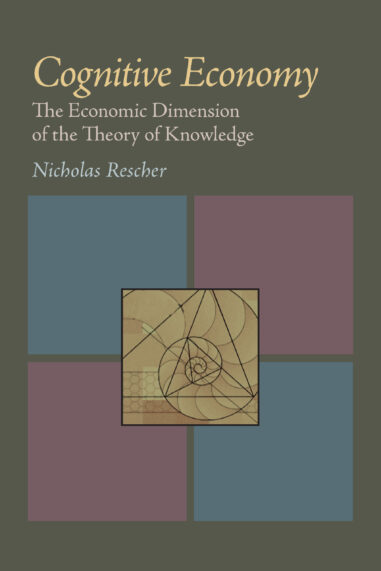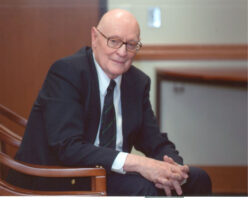

Paperback $45.00
Request Exam or Desk Copy. Request Review Copy
Cognitive Economy
The Economic Dimension of the Theory of Knowledge
Rescher at his best. The arguments are strong and full of imagination, the applications of the model are precise and apt. This book should be required reading for those who serve on grant committees.

